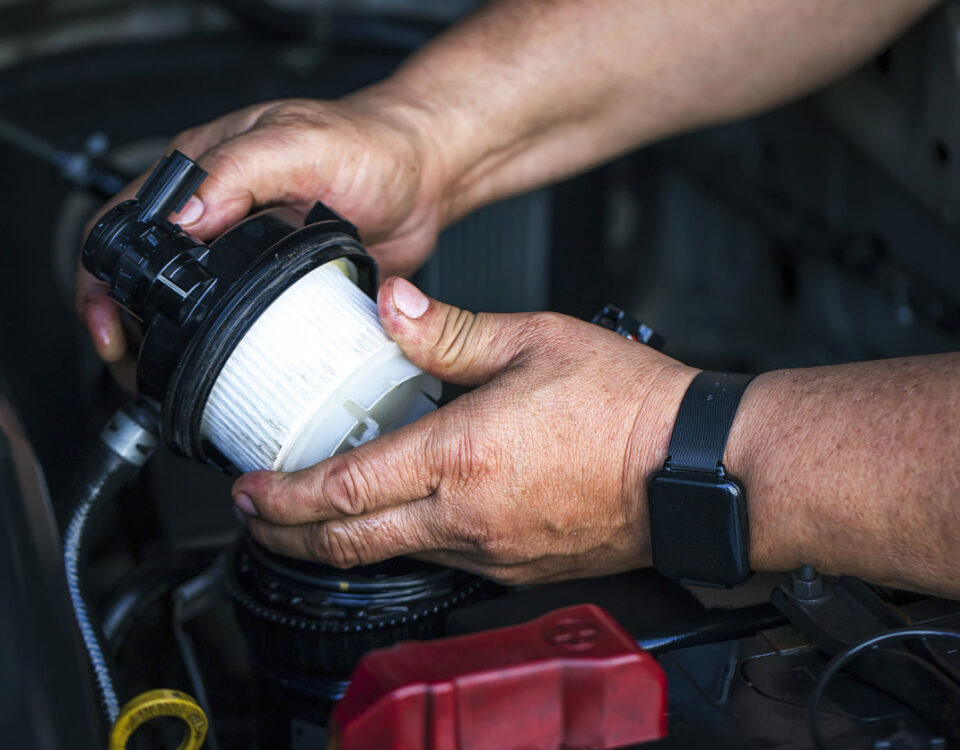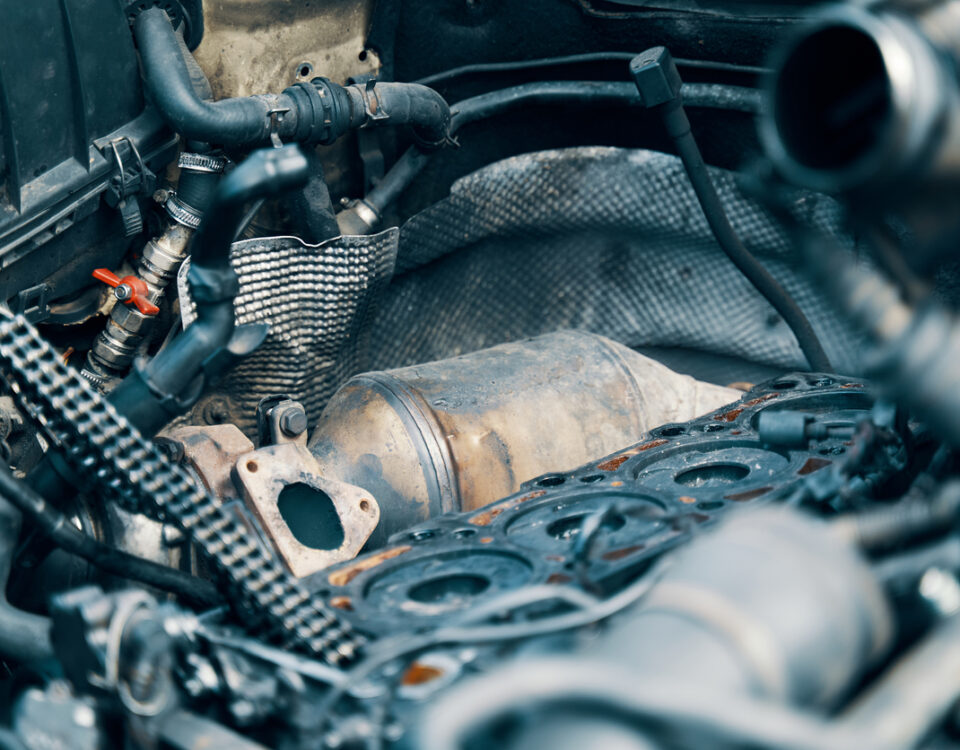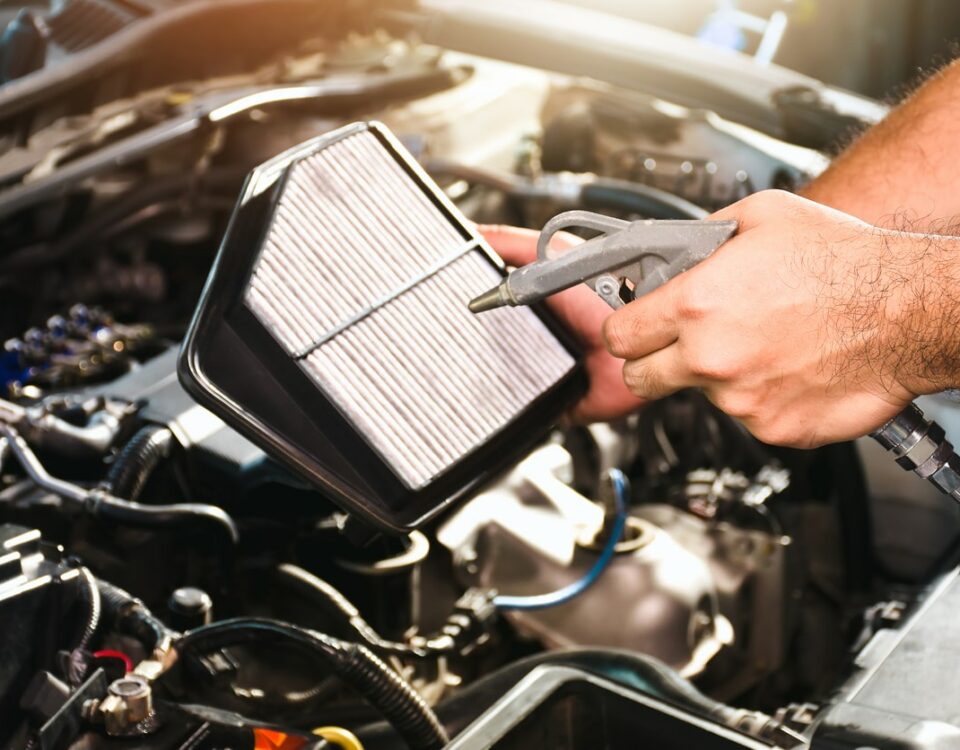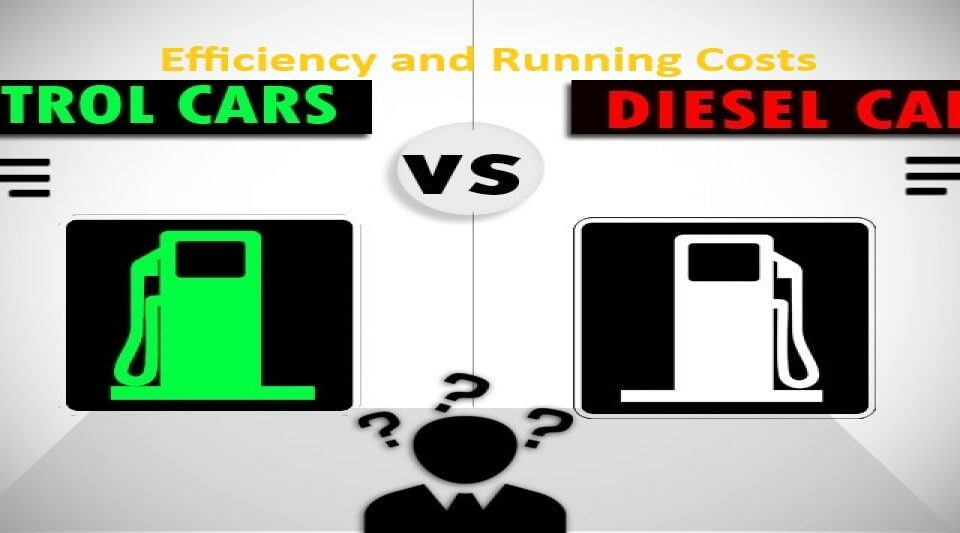Does a Blocked DPF Affect Vehicle Performance?
Whether you drive a diesel or are just curious how they work, you should know about Diesel Particulate Filters (DPFs) and how they work. DPFs are legally mandated on all diesel-powered road vehicles and must be kept in good working order to keep your vehicle running smoothly in accordance with the law.
Failure to maintain a DPF filter can result in serious mechanical issues for your vehicle, never mind the repercussions if a police officer stops you. Fortunately, several systems are in place to keep your DPF working smoothly, and plenty of garages offer DPF cleaning UK services.
What is a Diesel Particulate Filter?
Firstly, we should explain what a Diesel Particulate Filter (DPF) is and what it looks like so you can better understand what they do and why they’re so important. DPFs are small filters attached to diesel vehicles’ exhaust systems, which capture particulates like soot and ash, reducing the emissions from the vehicle.
Diesel Particulate Filters are usually installed near the exhaust pipe exit and are composed of a honeycomb-structured filter of ceramic material, which captures larger particles in the emissions from diesel vehicles. If you’ve ever walked by a garage offering DPF cleaning or seen online ads for DPF cleaning UK, you must have wondered, “what is a DPF” but now you know.
How Do DPFs Work?
Mechanically, DPFs are extremely simple, working like a sieve to catch larger particles of emissions whilst letting the gases escape. The DPF unit is comprised of a honeycomb-patterned ceramic structure with porous walls known as the filter substrate that captures larger particulates like soot in diesel exhaust gases.
Their design is deceptively simple, however, as DPFs are designed to clean themselves by burning off captured soot particles in a process known as ‘regeneration’. While you drive, hot exhaust gases are directed from the engine out of the exhaust pipe, which heats the DPF unit and eventually burns off the particulates trapped in the filter, cleaning your DPF automatically.
There are two main types of regeneration – active and passive – which have different criteria before they activate, depending on the make and model of your vehicle. However, regeneration depends on your driving style and travel habits, so many people use DPF cleaning UK services to keep their DPF in good working order.
What Causes DPF Blockages?
While DPF filters are designed with regeneration (self-cleaning) functions, they will eventually become blocked with soot, ash and exhaust residue over time. Fortunately, you can extend the useful life of your DPF filter with proper care and maintenance, especially if you avoid the main causes of DPF blockages.
Aside from standard wear and tear, issues with your DPF are most likely caused by one of the following factors:
Frequent Short Journeys
DPF regeneration requires high, sustained exhaust temperatures from long journeys at high speeds, so short trips and city driving can cause your DPF to become blocked more quickly than usual.
Incorrect Engine Oil
Diesel vehicles should use low ash, low sulphur engine oils to minimize the amounts of particulates in their exhaust. Using the wrong engine oil will put more strain on your DPF and may cause a blockage.
EGR Valve Problems
The Exhaust Gas Recirculation (EGR) valve reduces nitrogen oxide emissions by recirculating some exhaust gases back into the engine, but it can contaminate the engine and cause excessive soot particles when it malfunctions.
Turbo Failure
If your turbo suffers from mechanical failure, it can leak oil into the exhaust housing and clog the DPF with burnt oily residue.
Additive Tank Failure
Some diesel vehicles are fitted with additive tanks of a fuel additive which lowers the igniting temperature of fuel particles so that regeneration can happen at lower temperatures.
If you frequently make short, lower-speed journeys in your diesel vehicle or notice any of the mechanical issues described above, you may be at risk of DPF blockage. The best way to maintain your DPF is through regular care and maintenance, so you should consider taking your car to a local garage for DPF cleaning UK every few months.
How does a Blocked DPF Affect Vehicle Performance?
If your DPF is severely blocked, it will restrict airflow in your exhaust system and cause mechanical issues with your engine. Because the exhaust system is such a central part of your vehicle, a blocked DPF can have serious knock-on effects, including:
Loss of Power
A blocked DPF will prevent your engine from venting exhaust gases, meaning that your engine cannot cycle properly, reducing the power output and acceleration.
Exhaust in Your Car
If your exhaust is obstructed by a blocked DPF, the fumes may begin to seep into other parts of the vehicle, such as your engine bay and cabin, causing unpleasant odours and toxic gases to build up.
Turbocharger Issues
Turbochargers boost engine performance by increasing the pressure in your engine, so any blockages in your exhaust system can cause serious damage to your turbocharger.
Decreased Fuel Efficiency
A blocked DPF or obstructed exhaust will force your engine to work harder to expel exhaust gases, reducing available power and increasing fuel consumption.
If you notice any of these issues, you may have a blocked DPF or a mechanical issue with your engine, so you should take your car to a garage and ask about DPF cleaning UK as soon as possible.
How to Detect a Blocked DPF
Rather than waiting until you have engine issues like the ones discussed above, you should try to resolve a blocked DPF as soon as possible. But how can you detect an issue with a mechanical part that you can’t even see, let alone access without specialist equipment?
Fortunately for us, the Diesel Particulate Filter is such an essential part of modern diesel vehicles that a blocked DPF can be quite obvious. In addition to the mechanical issues explained above, a blocked DPF in need of DPF cleaning UK will cause the following signs to appear:
- DPF dashboard warning light
- Low engine power
- Low engine revs
- Black exhaust smoke when accelerating
- Diesel fuel smells inside car
- Reduced fuel economy
How to Maintain your DPF
One of the best ways to maintain your DPF is to let it maintain itself: All modern DPFs are designed to clean themselves using a process known as ‘regeneration’, which burns away soot and ash in the DPF when the exhaust gets hot enough. There are two types of regeneration – passive and active – which help maintain your DPF, but they require certain conditions before activation:
Passive regeneration
To trigger passive regeneration, you need to drive at high speeds for long periods, which eventually causes your exhaust to become hot enough that it can burn away the soot build-up in your DPF. However, the regeneration process leaves behind a layer of ash, which can harden and damage the DPF over time unless you manually clean it out with DPF cleaning UK services
Active Regeneration
In contrast, active regeneration is caused by your Engine Control Unit sending extra fuel to the exhaust to raise the temperature and burn off excess soot accumulated in the DPF. Your car should automatically turn on active regeneration when needed, which is especially useful for those who don’t drive long and fast enough to benefit from passive regeneration.
How Much Does a DPF Replacement Cost?
Some makes of DPFs can work for hundreds of thousands of miles before needing specialist cleaning services, thanks to regeneration processes, but your DPF will need replacing eventually. The cost will vary depending on the make and model of your vehicle, as well as the engine power, but you can expect to pay around £1000 – £2000 for a replacement DPF on average.
On Average: £1,000 – £2,000
As you may expect, the cost of a new DPF makes up a large proportion of the overall cost, so you may be able to find a cheaper replacement by opting for a second-hand or third-party DPF. However, we strongly recommend paying more for a new DPF, as these parts can last for years with proper care and maintenance, including regeneration and DPF cleaning UK.
Conclusion
A blocked DPF unit will cause engine trouble, leading to serious mechanical failure if left untreated, so it’s vital to maintain your DPF with regular care and maintenance. For many people, DPF maintenance is as simple as driving down the motorway, but you should look for the warning signs of a faulty DPF if you don’t drive long and fast enough to trigger passive regeneration regularly.
Fortunately, diesel vehicles are designed to help maintain DPFs through passive and active regeneration. So, you should get plenty of miles out of your vehicle before worrying about a replacement DPF. Furthermore, you can easily unblock your Diesel Particulate Filter by using one of the many trustworthy DPF cleaning UK companies out there.



